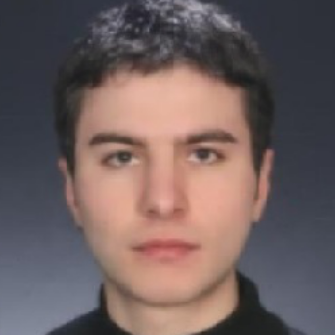
Dejan Georgiev
Work place: Faculty of Electrical Engineering and Information Technologies, Skopje, Macedonia
E-mail: dejan@inbox.com
Website:
Research Interests: Applied computer science, Computational Science and Engineering, Computer systems and computational processes, Computer Architecture and Organization, Computer Networks, Theoretical Computer Science, Data Structures and Algorithms
Biography
Dejan Georgiev was born in Radovis, Republic of Macedonia in 1981. He received 5-year engineering degree in electronics and telecommunications and his Master Degree in telecommunications from Faculty of Electrotechnical Engineering and Information Technologies - Skopje, R. Macedonia. He is currently working towards his PhD in Computer Science and Computer Engineering. He has work experience at home and international telecommunication company and governmental agencies.
Author Articles
FSM Circuits Design for Approximate String Matching in Hardware Based Network Intrusion Detection Systems
By Dejan Georgiev Aristotel Tentov
DOI: https://doi.org/10.5815/ijitcs.2014.01.08, Pub. Date: 8 Dec. 2013
In this paper we present a logical circuits design for approximate content matching implemented as finite state machines (FSM). As network speed increases the software based network intrusion detection and prevention systems (NIDPS) are lagging behind requirements in throughput of so called deep package inspection - the most exhaustive process of finding a pattern in package payloads. Therefore, there is a demand for hardware implementation. Approximate content matching is a special case of content finding and variations detection used by "evasion" techniques. In this research we will enhance the k-differentiate problem with "ability" to detect a generalized Levensthein edit distance i.e. transposition of two neighboring characters. The proposed designs are based on automata theory using the concept of state reduction and complexity minimization. The main objective is to present the feasibility of the hardware design and the trade-off between the simple next state and output functions of NFA and reduced number of required memory elements (flip-flops) of DFA.
[...] Read more.Other Articles
Subscribe to receive issue release notifications and newsletters from MECS Press journals